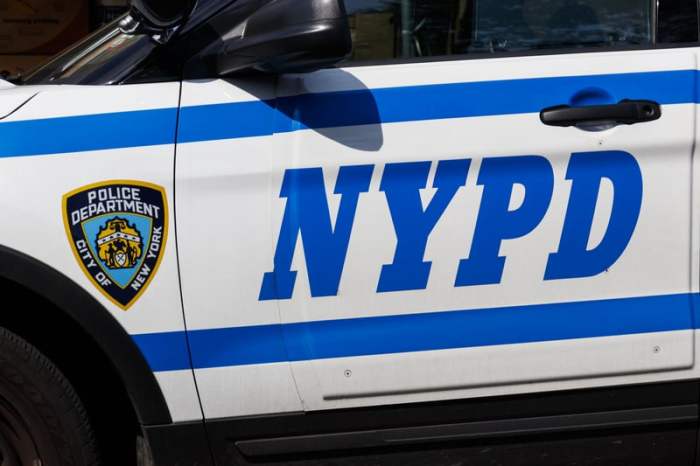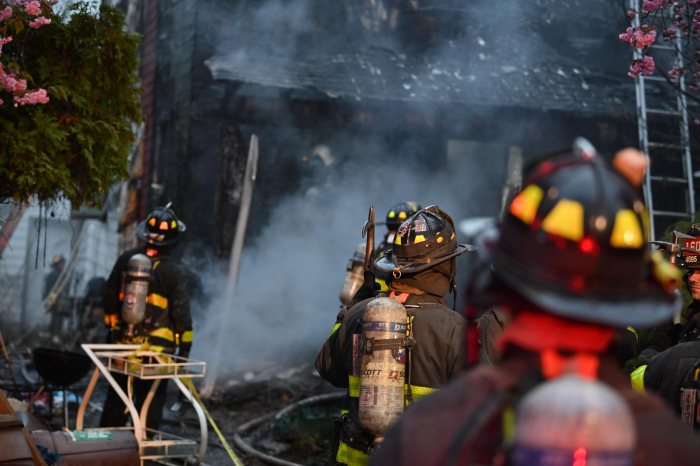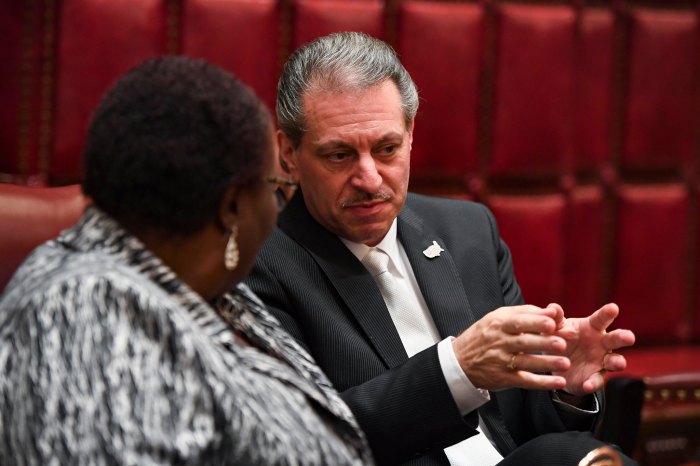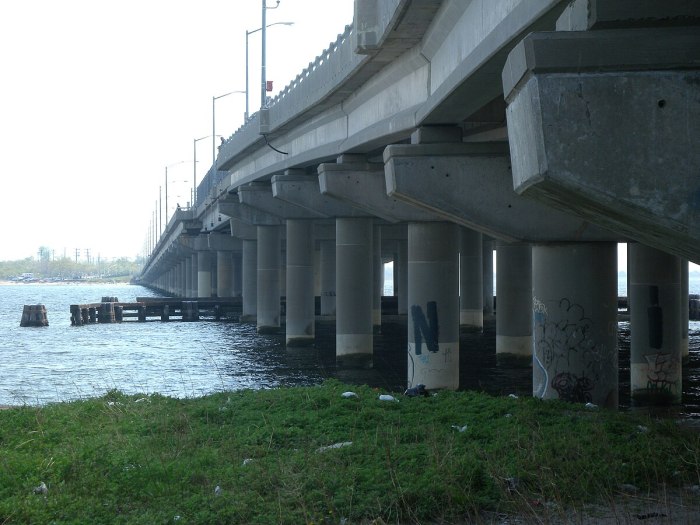When Sergeant Stephen Siwulec returned home from Afghanistan in 2004, he thought his life was over.
The soldier, who suffered injuries to his heart, brain, hip and back following a close encounter with an explosive device, assumed his future would consist of days spent on the couch, gaining weight and watching his life deteriorate.
Instead, the Long Island native joined a brotherhood of 20,000 soldiers, also injured in battle, called the Wounded Warriors Project. The organization, which provides assistance to former members of the armed forces, hurt in combat, encouraged Siwulec to stay active, enrolled him in school and helped him obtain his benefits.
“I don’t know if I would be here without the Wounded Warriors,” said Siwulec.
Now, one Queens company has decided to give back.
Worksman Cycles, the country’s oldest bicycle manufacturer and an Ozone Park establishment, has introduced a special series of merchandise benefitting members of the Wounded Warrior program. At least 10 percent of each vehicle’s purchase price will be donated to the organization.
The handmade bikes run between $400 and $600 and are available in three frames and two colors – Men’s Destroyer Heavyweight Cruiser and Women’s and Men’s Patrol Midweight Roadsters in either Hell on Wheels Khaki or Haze Grey. Each one is emblazoned with Wounded Warrior Project graphics.
“It’s kind of a ‘bad’ looking bike,” said Bruce Weinreb of Worksman Cycles.
The company was established in 1898 on the footprint of the World Trade Center before relocating to Ozone Park in 1979 and taking over a factory that previously made candles.
On Thursday, April 5, Weinreb, Siwulec and company officials toured the Worksman Cycles factory for the launch of the Wounded Warrior Project bikes.
Timothy Strobel, another member of the Wounded Warrior Project, also visited the bike manufacturer’s facility. Strobel, who suffered a gunshot to the leg in Iraq, has been a member of the Wounded Warrior Project since 2007. Strobel said the camaraderie shared between soldiers continues in alumni programs such as the Wounded Warriors is crucial to those formerly in the armed forces.
“They’re all your brothers,” said Strobel. “The real world is more dog eat dog.”
Inside the factory, Strobel and Siwulec watched every step in the process of creating the Wounded Warrior bikes — the welding of the metal pieces, the sprays of multi-hued paint and the attachment of its airless wheels.
Strobel and Siwulec found the process fascinating — watching the creation of a product, directly benefitting soldiers like them.


































